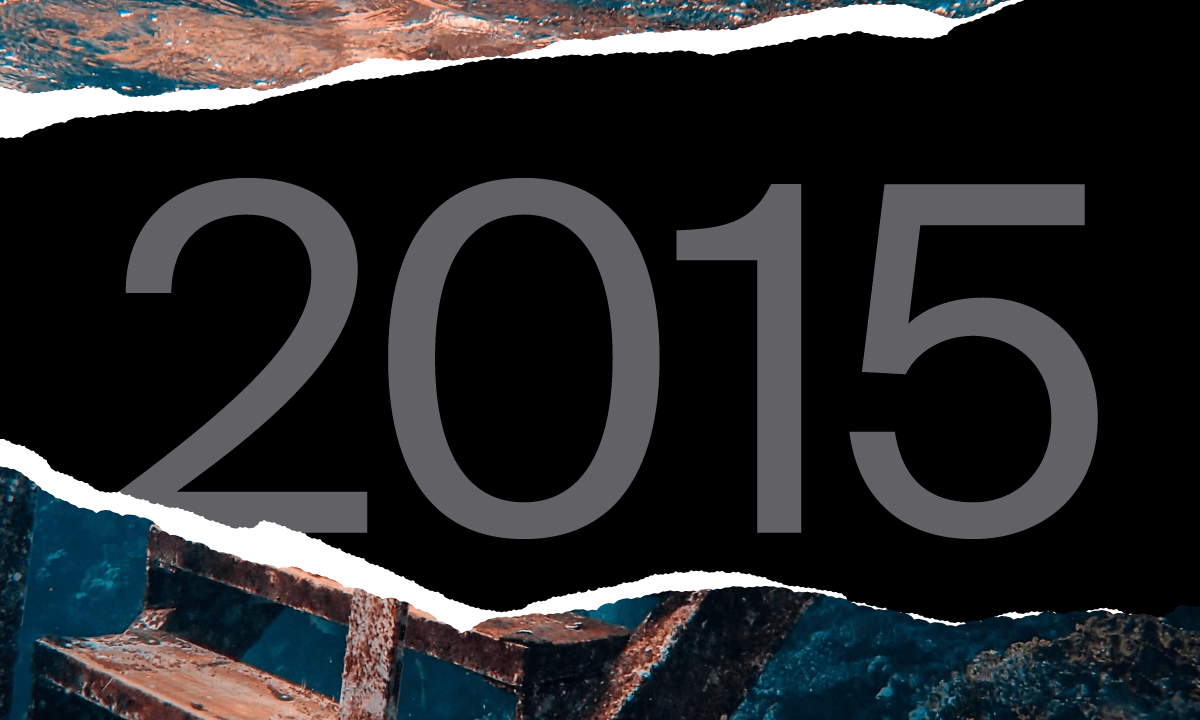Moderated by animation expert Christophe Erbes, the fluid, first Soft Talk of the first MIA (Mercato Internazionale dell’Audivisivo) – on European animation– touched upon many topics but kept circling back to the importance of strong storytelling; increased investment in animation training and development; and greater government support for an expanding market still sorely in need of co-production facilitation.
Everyone agreed that the hardest audiences to reach are the 6-9 and 6-11 year-olds, but Eleanor Coleman (of French-based Indie Sales, and formerly of TF1) reminded everyone that kids in general are “a dynamic population that loves stories, that takes stories in any form they come in and it is constantly changing.”
Keeping up with those changes is not only a question of technologies or production financing, says Ellips Anime’s (France) Maia Tubiana, but of changing how both marketing and development are financed: “Today we can start with a treatment with storyboarders and go straight to storytelling, but in France storyboarders are not considered authors. We’re changing the way we work so we have to change the financing pattern…without changing the whole economy.”
This economy, on a European level, is still a fragmented one, as Eric Goosseen (Walking the Dog, Belgium) and Christophe Jankovic (Primalinea, France) confirmed. Says Jankovic: “With Belgium we’ve developed a very efficient very simple and very fast way to build co-productions, but we are trying to build a co-production with our partner Indigo in Italy, a great producer…and we’re discovering how its difficult it is to build a co-production with Italy!” The project in question is The Bears’ Famous Invasion of Sicily, based on the Dino Buzzati novel, to be directed renowned Italian illustrator-graphic artist Lorenzo Mattotti.
Federico Fiecconi, the man behind Italy’s Graffiti Media Factory, tantalized the foreign producers present with some heartening figures on the Italian animation market, which last year saw 9% market growth (or €72m) and 12 million admissions. However, Fiecconi adds, “Our [animation] companies don’t have large enough shoulders to carry the weight without Medusa and RAI Cinema.”
Or RAI Fiction, whose Luca Milano was the belle of the ball today, as all animation projects in Italy are funded by his company alone. Which is precisely why a special government fund should be established in Italy for animation, says Anne-Sophie, president of Cartoon IT (Italian Association of Animation Producers).
Erbes also brought up the interesting point of involving journalists in earlier phases of animation production even, “because they’re the ones writing ‘This is not as good as Pixar or this is something new and it’s being made here in Italy – or any country!’”

